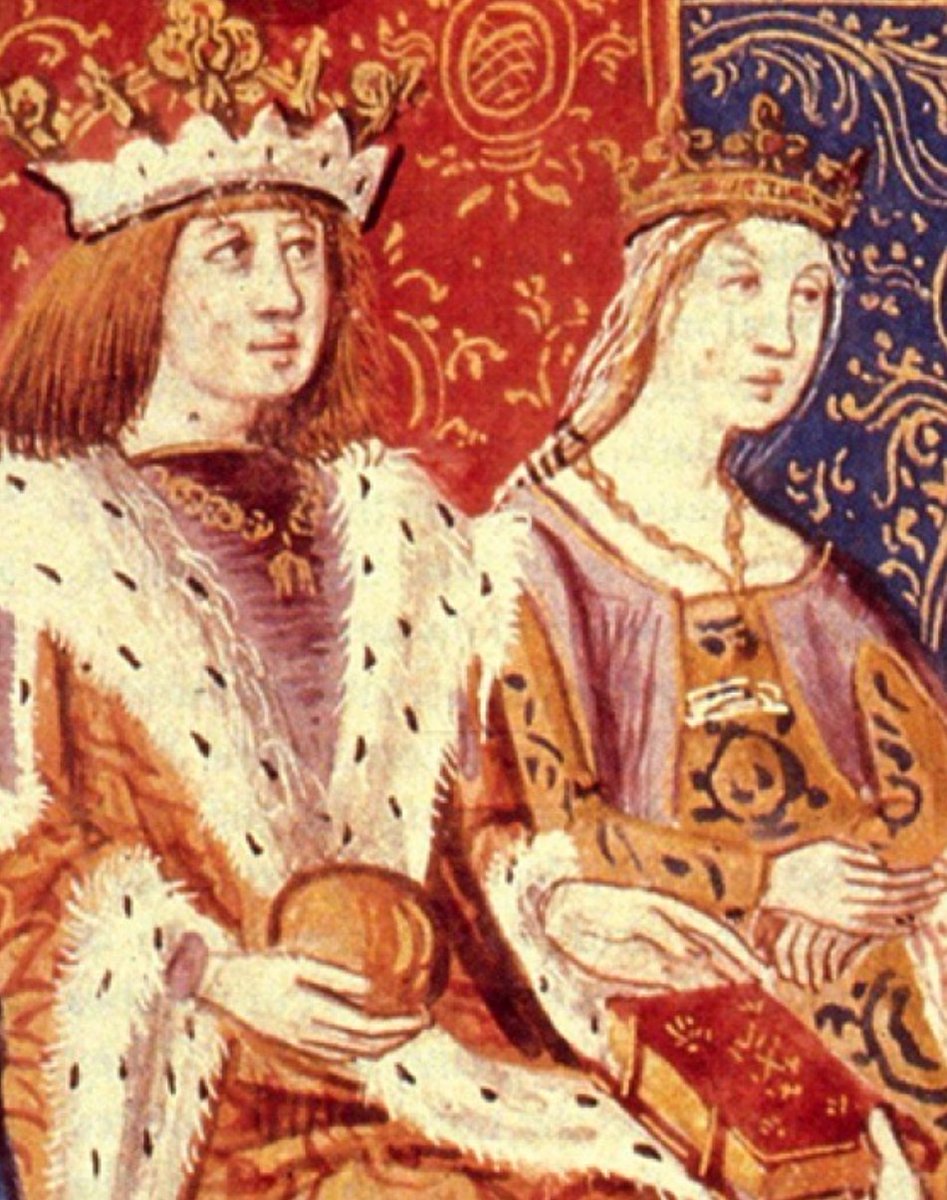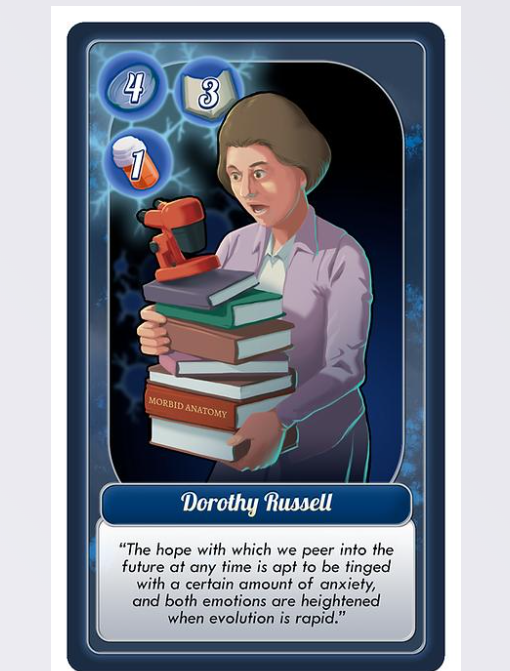Happy birthday (November 29) to the Father of Neurology, Jean-Martin Charcot (1825-1893)!
I wouldn't say we're best friends exactly, but yeah, we used to hang out in Paris together.
1/4
I wouldn't say we're best friends exactly, but yeah, we used to hang out in Paris together.
1/4

Charcot was a neurologist in Paris in the late 1800s, when neurology was developing as a field. He was the 1st chair of neurology, and was a celebrity doctor at the time (this is a poem written and published in the newspaper after his death in 1893). 2/8 

He was so famous that charlatans used his name after his death to sell "Kola Nervine Tablets" made from the "wonder-working Kola nut." 3/8 

While much of nascent neurology was focused on neuropath and anatomic localization, Charcot was a clinician, describing diseases and working toward treatments (primarily hypnosis). 4/8 

A lot has been written on this guy.
Chris Goetz from Rush has done amazing research on Charcot, including books Charcot: Constructing Neurology, and Charcot, the Clinician (translated lectures). 5/8
Chris Goetz from Rush has done amazing research on Charcot, including books Charcot: Constructing Neurology, and Charcot, the Clinician (translated lectures). 5/8

If you're looking for a short paper to tell you a little about the man, the myth, the legend, check out this one by Goetz on "Charcot and the Myth of Misogyny" n.neurology.org/content/52/8/1… 6/8 

This one, by Kumar et al., touches on a number of the most prominent Charcot eponyms.
ncbi.nlm.nih.gov/pmc/articles/P… 7/8
ncbi.nlm.nih.gov/pmc/articles/P… 7/8

So go forth on this Day of Charcot, and may your students all look to you for the light neurology! 8/8 



And, bonus: on #GivingTuesday, consider the amazing organizations of @Child_Neurology @HopeforHIE and @EpilepsyFdn - they give so very much to kids with neurological conditions!
(And enjoy this 1893 drawing of Charcot visiting a patient.) 9/9
(And enjoy this 1893 drawing of Charcot visiting a patient.) 9/9

• • •
Missing some Tweet in this thread? You can try to
force a refresh























